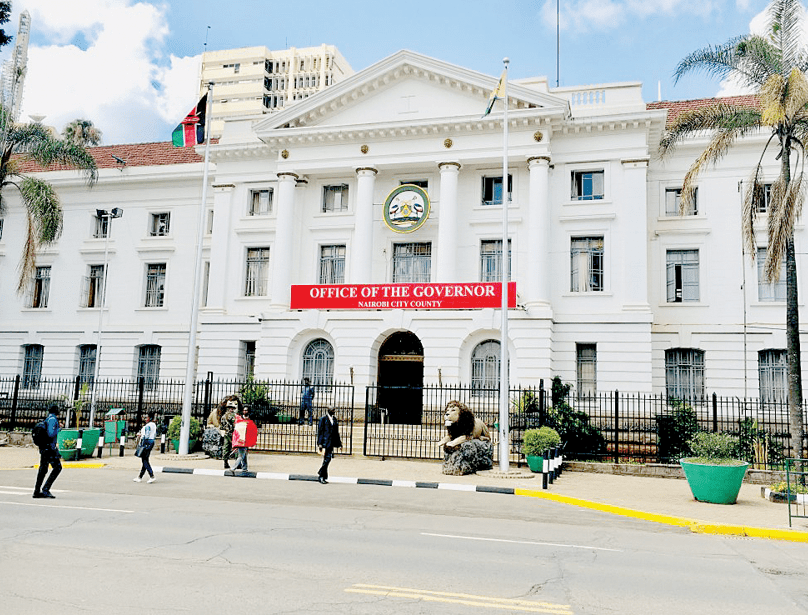Treasury must fund universal healthcare

The Social Health Insurance Fund (SHIF), Kenya’s ambitious vehicle for achieving universal healthcare coverage, faces a serious funding crisis that threatens its future. With only four million Kenyans contributing financially out of 22 million registrants since October 2024, the warning signs cannot be ignored.
Health financing and policy experts who recently convened in Nairobi have raised legitimate concerns about SHIF’s funding model. Their assessment is sobering and timely. They argued that the current approach is unworkable if Kenya truly aspires to provide healthcare for all.
The arithmetic should trouble policymakers and citizens alike. Formal sector employees contribute 2.75 per cent of their gross salaries, while self-employed Kenyans pay a flat rate of Sh500. This two-tier system has created a significant imbalance, with formal sector workers shouldering a disproportionate burden while informal sector participation remains disappointingly low.
This shortfall reveals structural flaws in SHIF’s design. As the experts meeting in Nairobi pointed out, the difficulty in taxing the informal sector – which employs most Kenyans – means that projected contributions from this vital segment are not materialising.
Moreover, the flat rate of Sh500 often fails to reflect the true income of many in the informal economy, creating inequities in the system.
Meanwhile, Kenyans in formal employment already face multiple tax obligations and many maintain private health insurance alongside their mandatory SHIF contributions. There’s a limit to how much this segment can be expected to contribute before reaching a breaking point.
For SHIF to fulfil its mandate, two key interventions are urgently needed. First, a serious public awareness campaign must be launched to educate Kenyans about the scheme’s benefits. Many citizens remain unaware of what services they can access, how to claim benefits or why participation matters. This knowledge gap has directly contributed to low enrolment rates.
Second, the government must acknowledge what health experts have emphasised: achieving universal healthcare will require substantial Treasury funding. Well-off Kenyans should certainly contribute their fair share for the common good, but relying primarily on individual contributions is neither sustainable nor equitable.
The promise of universal healthcare is worth pursuing, but it requires honest recognition that such coverage cannot be achieved through contributions alone. Countries that have successfully implemented universal healthcare have typically done so through significant government funding, often supplemented by contributions.
While maintaining the contributory aspect of SHIF, the government must substantially increase Treasury allocations to ensure that the programme is sustainable. Universal healthcare represents a collective good that benefits the economy, enhances national productivity and upholds human dignity. It deserves adequate funding from the national purse.















